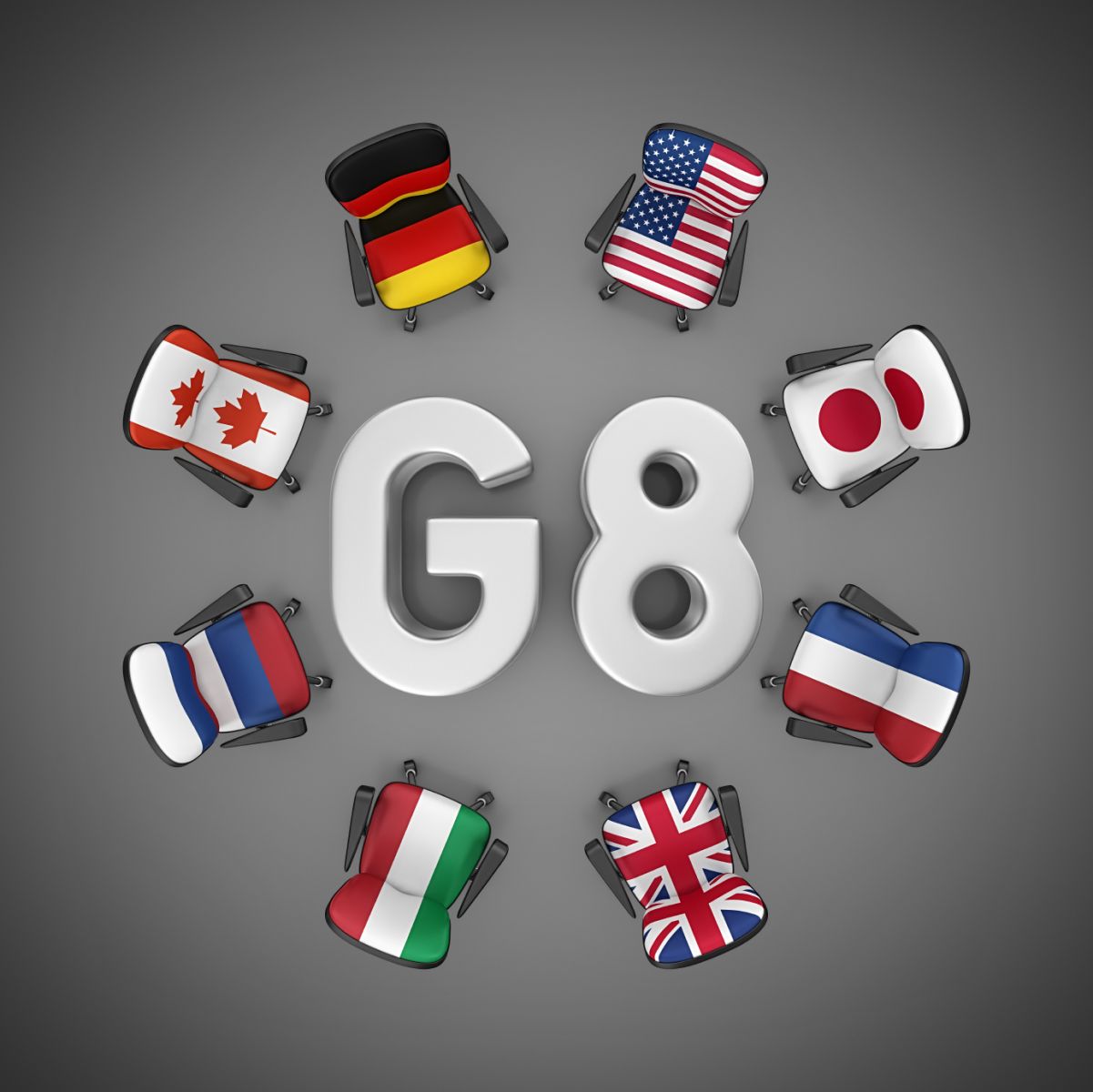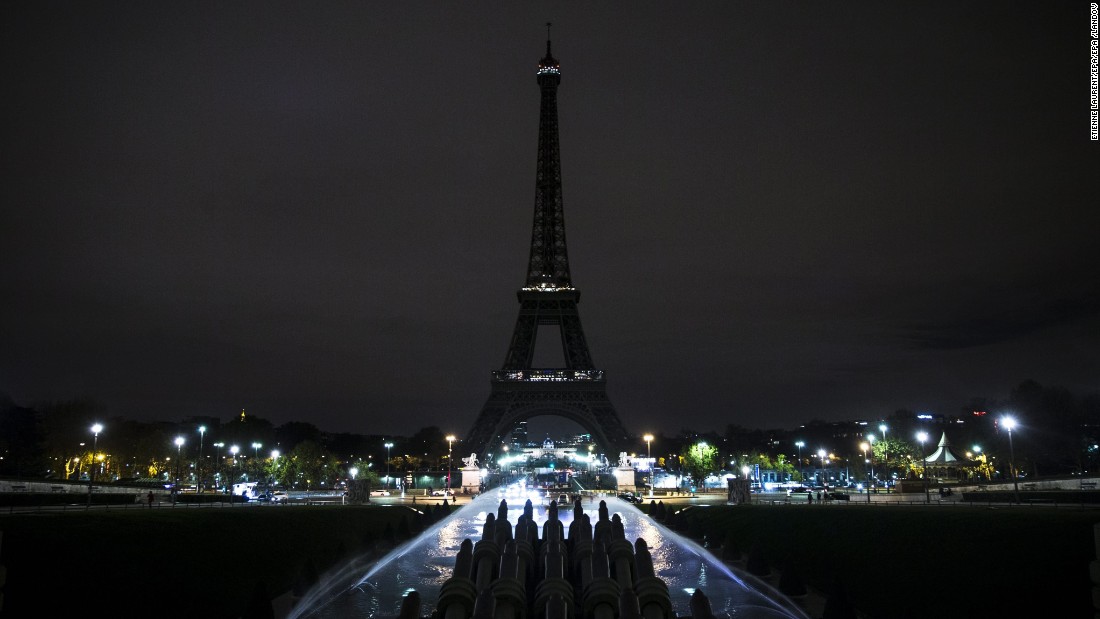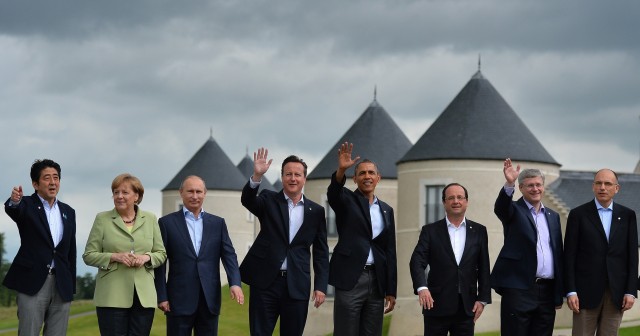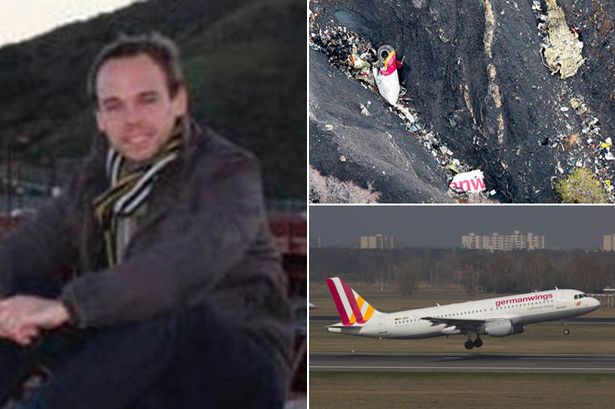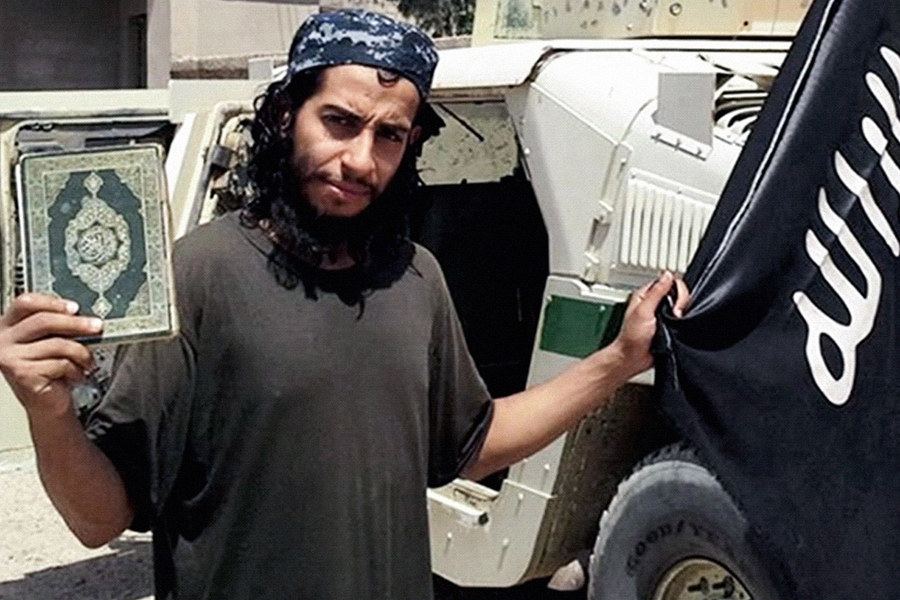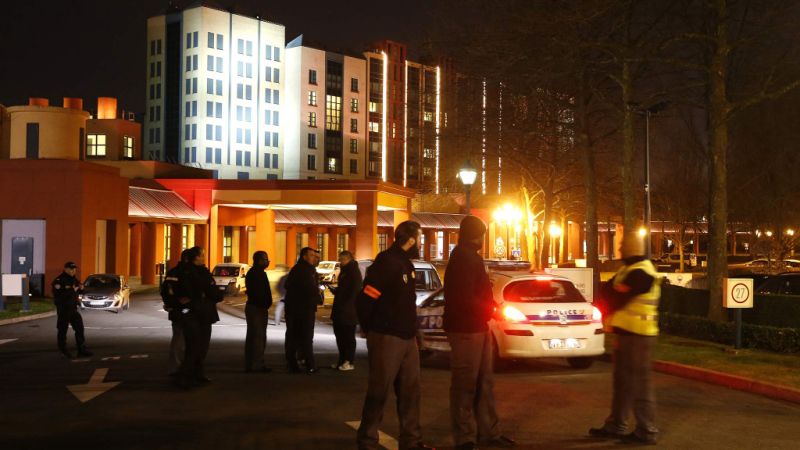COP21: World Awaits Landmark Climate Deal
Delegates at the Paris climate summit are waiting to hear whether a proposed deal to cut emissions will be adopted.
Key negotiating blocs, including the G77, and nations such as China and India say they support the proposals.
France’s Foreign Minister Laurent Fabius said the final draft of the agreement aimed to limit warming to “well below 2C”.
If endorsed, the global climate pact would represent “a historic turning point”, said Mr Fabius.
Earlier, French President Francois Hollande called the proposal unprecedented.
“The decisive agreement for the planet is here and now,” Mr Hollande told countries. “France calls upon you to adopt the first universal agreement on climate.”
And UN Secretary-General Ban Ki-moon called on world diplomats to “finish the job”.
“We must protect the planet that sustains us,” he said. “We need all our hands on deck.”
The support of nations such as China, India and Saudi Arabia will come as a relief to the UN climate conference organisers, says BBC environment correspondent Matt McGrath in Paris.
He says these nations, which are part of the Like-Minded Developing Countries group, have been seen as “foot-draggers” at previous UN climate talks.
The G77 (made up of more than 130 developing nations) and the EU have also signalled support for the proposals.
Nearly 200 countries have been attempting to strike the first climate deal to commit all countries to cut emissions, which would come into being in 2020.
The measures in the final draft included:
• To peak greenhouse gas emissions as soon as possible and achieve a balance between sources and sinks of greenhouse gases in the second half of this century
• To keep global temperature increase “well below” 2C (3.6F) and to pursue efforts to limit it to 1.5C
• To review progress every five years
• $100 billion a year in climate finance for developing countries by 2020, with a commitment to further finance in the future.
Hopes are running high for a “historic” deal but countries could still raise objections.
The UN summit has gone over time as countries tried to overcome divisions over ambition, money and trust.
The spokesman of the UN climate body behind the meeting said positions had “narrowed enormously” ahead of the presentation of the final climate deal draft.
‘Strong message’
WWF-UK chief executive David Nussbaum said there were indications of a clear vision in the strong long-term goal.
“The Paris deal is not just about reducing emissions, but also about protecting vulnerable places and people,” he said.
But Oxfam said the deal was set to short-change the world’s poorest and most vulnerable people.
Executive Director Helen Szoke said: “Only the vague promise of a new future climate funding target has been made, while the deal does not force countries to cut emissions fast enough to forestall a climate change catastrophe.”
Prof Corinne Le Quere of the University of East Anglia and director of the Tyndall Centre for Climate Change Research, said while the text recognised the imperatives of the science community to tackle climate change there was still a lot of work ahead to make it happen.
“The emissions cuts promised by countries now are still wholly insufficient, but the agreement as a whole sends a strong message to businesses, investors and citizens that new energy is clean and fossil fuels belong to the past.”
The last hours of the talks culminate a four-year drive to produce the first international pact asking all countries to limit their greenhouse gas emissions.
COP 21 – the 21st session of the Conference of the Parties – will see more than 190 nations gather in Paris to discuss a possible new global agreement on climate change, aimed at reducing greenhouse gas emissions to avoid the threat of dangerous warming due to human activities.


